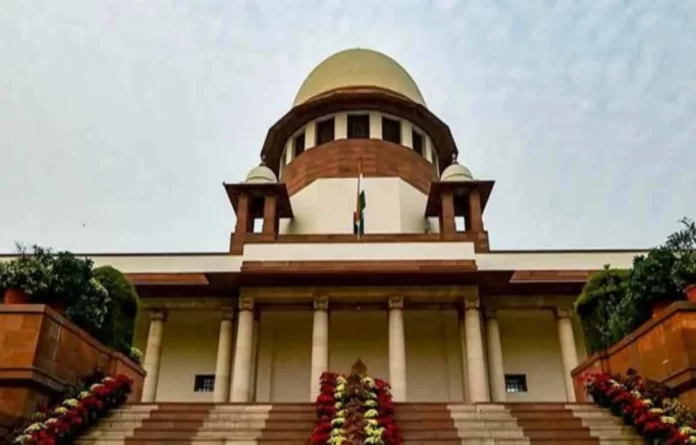The Supreme Court today upheld a Kerala High Court order refusing to take legal action against a judicial magistrate who had revealed the name of a rape survivor in his order.
A bench comprising Justice Hrishikesh Roy and Justice Prashant Kumar Mishra verbally stressed that the lapse may have been inadvertent, given the workload of judicial officers.
Addressing the counsel for the appellant who had sought action against the trial court judge, Justice Hrishikesh Roy questioned if the appellant had a grudge against the judicial officer. He added that the court has many cases to handle and that they too make mistakes. He further asked whether the counsel wanted the court to put costs for filing the instant appeal.
The case relates to an order passed by a trial court in Kattakkada, Kerala by which a judicial magistrate declined to cancel the bail granted to a rape accused. In the same judgment, the magistrate also revealed the name of the rape survivor.
Consecutively, the rape survivor then sought action against the judicial officer for revealing her name despite the legal requirement to keep the identity of rape survivors confidential. She also filed a plea before the High Court seeking action against the judicial magistrate.
A single judge bench of the High Court declined to order any such action, although orders were passed for the immediate anonymisation of all case records to protect the rape survivor’s identity.
The bench ruled that Section 228A of Indian Penal Code (IPC), which criminalises the act of revealing the identity of victims of certain offences like rape, applies only to those who print or publish the identity of a victim. The judge held that the provision does not cover situations where a court, during the course of its proceedings, inadvertently reveals such information.
The order also pointed out that the protection granted to judges under the Judges (Protection) Act, while emphasizing that the magistrate was acting in the discharge of judicial duties.
Furthermore, the single-judge urged judges and judicial officers to be conscious of the imperative need to maintain the anonymity of sexual offence victims, and suggested proactive measures to anonymize details in cases involving such victims.
Later, the single judge decision was upheld by a Division Bench of the Kerala High Court in January this year, which was then challenged by the survivor before the Supreme Court. Appearing for the survivor, Advocate MT George argued that the magistrate may have had ulterior motives for his actions.
Nonetheless, the Supreme Court refused to entertain the appeal and confirmed the Kerala High Court’s decision in the matter. Hence, the survivor’s appeal was dismissed without costs.


